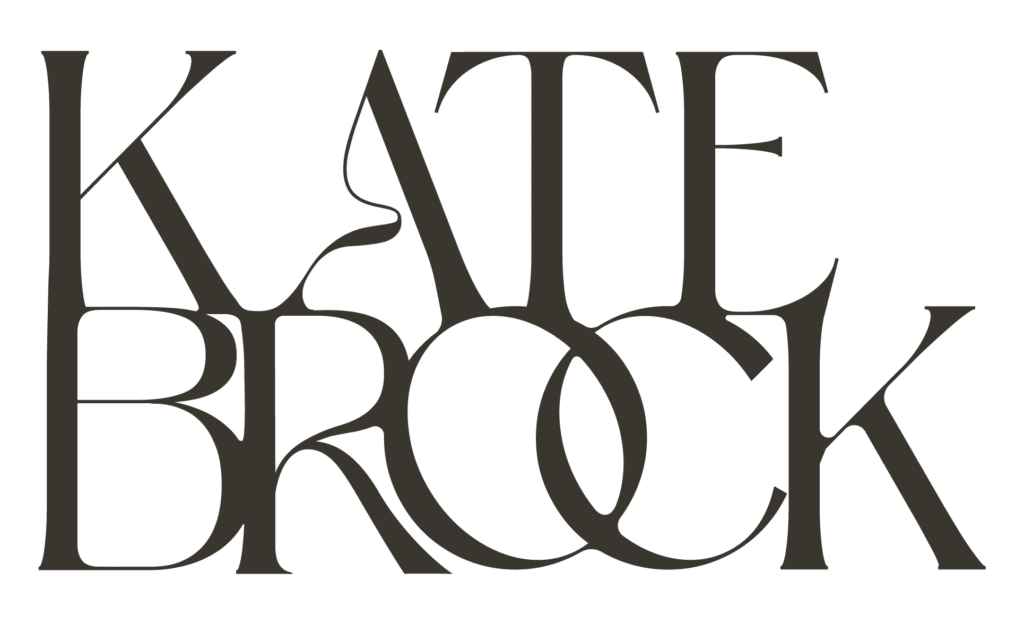The holiday season is often associated with joy, celebration, and indulgence in delicious meals and treats. However, for some individuals with eating disorders, this time of year can bring added stress and challenges. The pressure to conform to traditional holiday eating patterns and the abundance of food-centric gatherings can often trigger anxiety and distress for those struggling with their ED. Since so many of my clients struggle during the holidays, I wanted to outline some strategies that have helped my clients navigate this time with more ease:
Recognize Your Triggers
The first step in managing eating disorders during the holidays is to be aware of your triggers. Understand which situations or foods may cause anxiety or trigger ED behaviors. Identifying these triggers can help you plan and identify where you may need to be more mindful of using coping mechanisms outside of your Eating Disorder. For example, one thing that I recommend for my clients who tend to eat past fullness at events is having them plan to eat a meal before heading to the event so they can set themselves up for success.
Plan Ahead
Planning is key to maintaining well-being during the holidays. If you’re attending holiday gatherings or parties, consider having a support system. Talk to a friend or family member about your concerns and ask for their assistance in providing emotional support during these situations. I am in frequent communication with my clients during this time for extra support!
Set Realistic Expectations
It’s essential to set realistic expectations for yourself during the holidays. Understand that it’s okay to enjoy the holiday season and the delicious food that comes with it. There may be times where restriction or overeating creeps up. The goal is not perfection so do what you can starting with the next meal. If anxiety feels particularly high, then sticking to your safe foods might be helpful during those times.
Create a Support System
Eating disorders can be isolating, but the holidays are a time to reconnect with loved ones. Lean on your support system. Share your concerns and feelings with those you trust and let them know how they can best support you during this time. Being specific on what kind of support you need (meal accountability, emotional support, limiting bathroom time, etc.)
Practice Mindfulness
Mindfulness techniques can be incredibly helpful for managing eating disorders during the holidays. Mindful eating can help you become more attuned to your body’s hunger and fullness cues during this time. If mindfulness doesn’t work for you, distraction is an equally valid coping tool if it helps you.
Seek Professional Help
If you’re in treatment for an eating disorder, don’t hesitate to reach out to your therapist, dietitian, or treatment team for additional support during the holidays. They can provide guidance, coping strategies, and reassurance to help you navigate this challenging time.
Find Community
Find Community – there are tons of free ED support groups that meet all over the world. If you are struggling to find one, send me a message and I’ll send you a list.
Engage in Non-Food Activities
The holidays are not just about food; they’re also a time for joy, connection, and giving. Engage in non-food-related activities that bring you happiness, such as holiday crafts, volunteering, or spending quality time with friends & family.
Engage in self-care
It can be harder to engage in self-care during the holidays with parties, family, exc. But it’s important that you keep it up as much as possible. What are some of the ways you engage in self-care? Some of my clients like to journal their thoughts, some like to make sure they have outfits that are comfortable to avoid body distress as much as possible. Self-care doesn’t have a specific look so do what you need to do to feel as grounded and connected with yourself. Boundaries are also a form of self-care, make sure to set those as needed!
Avoid Diet & Body Talk
I know this can be difficult because people tend to talk about their new year’s diet, weight changes, etc. but try to steer clear of conversations centered on diets, weight loss, or appearance. Redirect discussions to more positive and neutral topics that do not trigger negative thoughts or behaviors. You can also excuse yourself if anything feels too triggering.
Navigating eating disorders during the holidays can be challenging, but it’s easier with the right support and strategies. Remember that it’s okay to seek help and that recovery is an ongoing journey. The most important thing is to prioritize your well-being. With understanding, self-compassion, and support, you can find balance and strength during the holiday season and beyond.
Looking for nutrition support during this time? Book a free call with me here & let’s get you the help you deserve.



